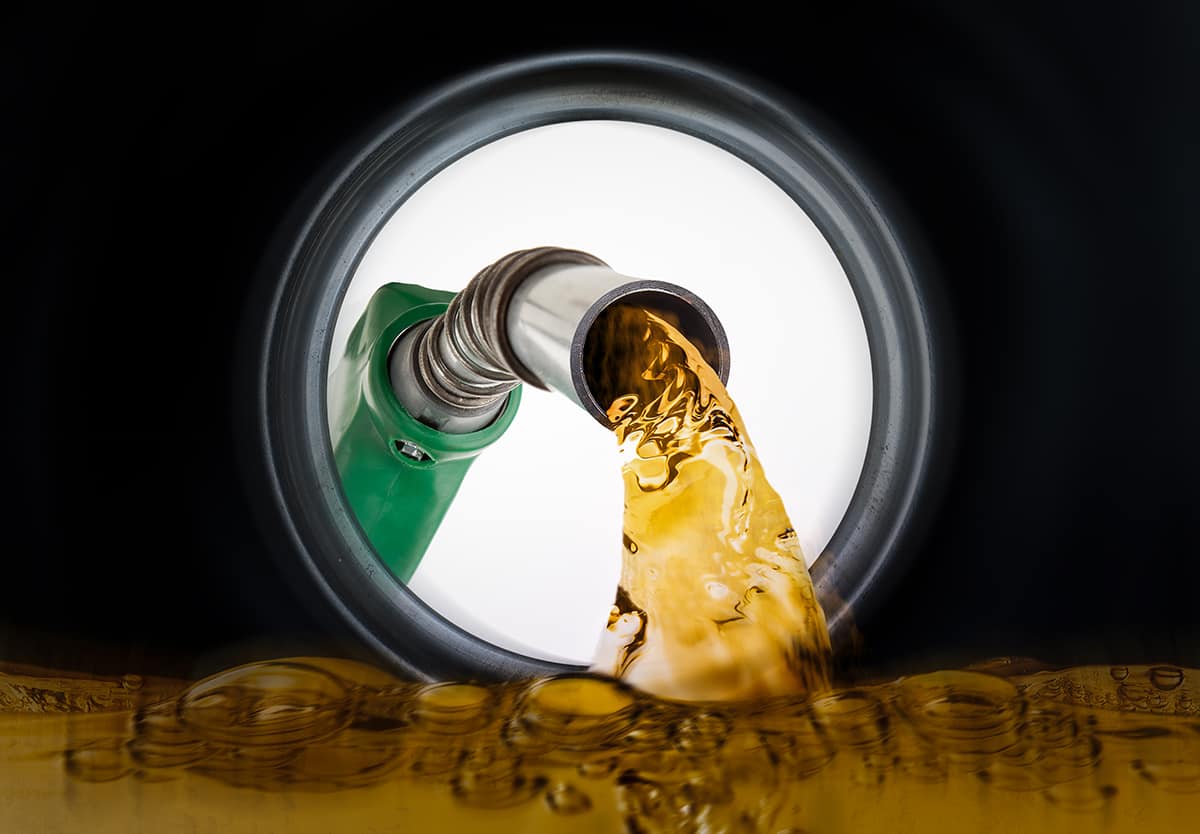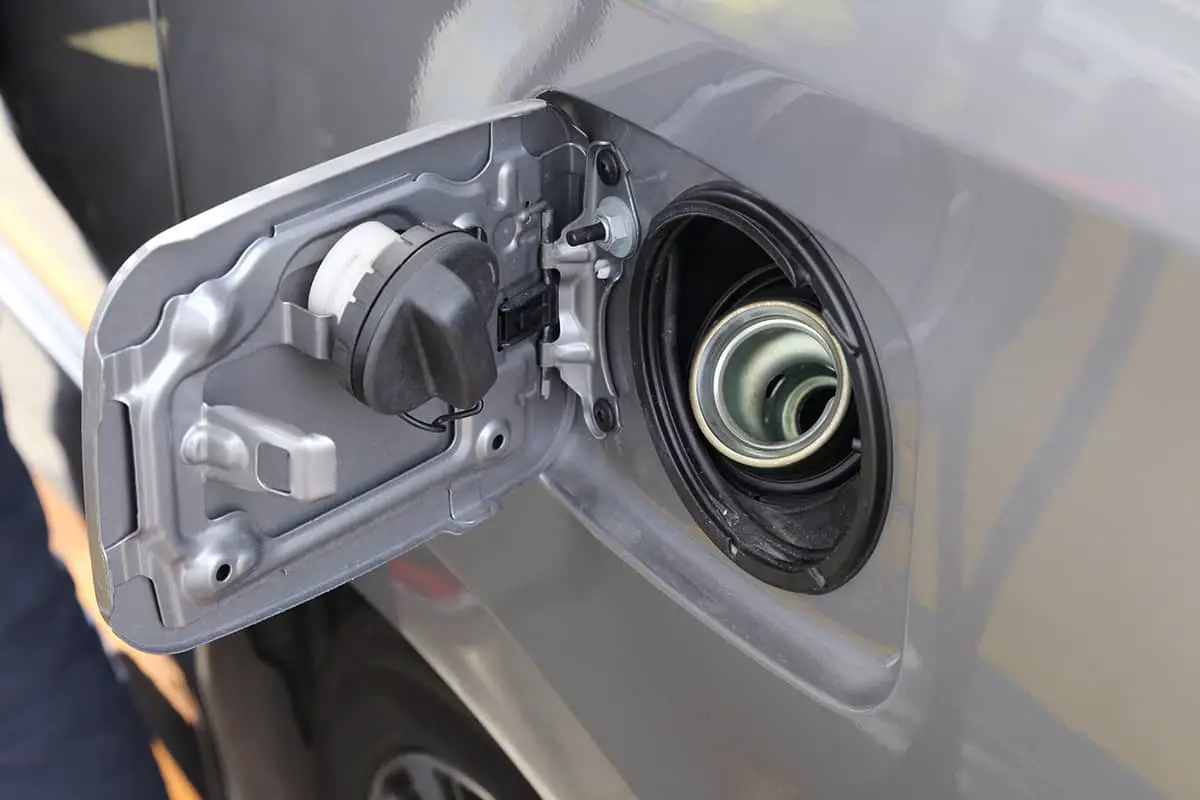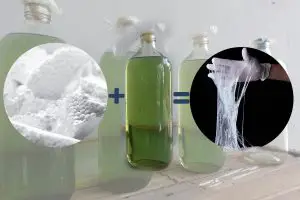Have you ever wondered what happens to gasoline once it’s in your car’s tank? Well, it turns out that gasoline doesn’t just sit there like a stagnant puddle. In fact, gasoline is a dynamic substance that doesn’t remain liquid for very long. So, does it evaporate, and how fast does it evaporate?
Yes, gasoline does evaporate, and the rate of evaporation can vary depending on several factors. Temperature is the most significant factor affecting gasoline evaporation. Warmer temperatures cause gasoline to evaporate more quickly, while colder temperatures slow down the process. Additionally, the type of gasoline and its chemical composition can also affect the evaporation rate.
In this guide, I’ll give you a quick breakdown of what gasoline is, how it evaporates, and what factors contribute to its rate of evaporation.
What Is Gasoline?
Gasoline, also known as petrol, is an essential fuel that powers cars by providing energy to their engines. It’s a complex mixture of chemicals that are carefully blended to ensure that vehicles run smoothly. Hydrocarbons are the base ingredient, and other chemicals like benzene and toluene are added to give it a unique flavor, just like a custom drink made by a mixologist.
However, it’s crucial to handle gasoline with care since it’s highly flammable and can pose significant dangers if not used properly. Therefore, it’s vital to be aware of the risks involved when using gasoline and take necessary precautions to avoid any accidents or harm. So, while filling up your car, remember to treat this precious liquid with the utmost care and respect.
Risks of Evaporated Gasoline
There are a few real-life risks of evaporated gasoline that you should know about.
1. Fire hazard
Evaporated gas poses a fire hazard as the gas fumes are highly flammable and can easily ignite in the presence of an ignition source such as a spark, flame, or even static electricity. This can lead to fires, explosions, and property damage, as well as cause harm to people in the vicinity.
2. Health hazard
Evaporated gas can be a health hazard due to the release of volatile organic compounds (VOCs) into the air. Breathing in these VOCs can cause dizziness, nausea, headaches, and even long-term health effects. Additionally, exposure to high levels of VOCs can contribute to air pollution and negatively impact the environment.
3. Environmental hazards
VOCs can react with other pollutants in the air to create ground-level ozone, which can be harmful to both human health and the environment. Additionally, if gasoline evaporates into soil or water sources, it can contaminate those areas and potentially harm plants and wildlife.
Does Gasoline Evaporate?
Gasoline loves to evaporate! Gasoline is made up of a complex mixture of chemicals, and some of these chemicals are more volatile than others (PDF). This means that they can easily turn from a liquid into a gas at room temperature without even needing to be heated up. So, if you leave a container of gasoline open, you’ll notice that it slowly starts to disappear as the liquid turns into a gas and escapes into the air.
Gasoline has a relatively low boiling point of around 140°F, which means that it will begin to evaporate at relatively low temperatures. As the temperature increases, the rate of gasoline evaporation also increases, leading to more rapid depletion of the fuel.
But why does this matter? Well, gasoline fumes are not only flammable but also harmful to breathe in. That’s why it’s important to handle gasoline with care, always store it properly in a sealed container, and make sure to fill up your car in a well-ventilated area.
So, remember, gasoline may seem like a tricky magician, but it’s important to stay safe when dealing with its disappearing act.
How Fast Does Gasoline Evaporate?

If you’ve ever spilled gasoline on the ground, you may have noticed that it seems to disappear pretty quickly. But just how fast does gasoline evaporate? Well, buckle up because we’re about to take a speedy ride through the science of evaporation!
In tests done at around 70°F for 2 hours and 1 hour, E10 fuels showed less gasoline evaporation compared to their base fuels. The difference in the rate of evaporation was around 5% on average, and the tests resulted in 4.5-5.3% and 2.4-2.5% of initial fuel samples evaporating, respectively.
Factors That Contribute to Gasoline Evaporation
To simplify matters, let’s take a look at the various factors that accelerate or decelerate the evaporation rate of gasoline.
1. Temperature
When the temperature rises, the kinetic energy of gasoline molecules also increases, causing them to move faster and more vigorously. This increased movement causes more gasoline molecules to escape from the liquid and become a gas.
In the context of a car, high engine temperatures can also lead to gasoline evaporation. The fuel in the tank and fuel lines can become heated, causing some of the gasoline to vaporize and escape. This can result in decreased fuel efficiency and increased emissions, as well as potential safety hazards if the gasoline vapors come into contact with a spark or open flame.
2. Winds
When there’s a strong wind, it creates movement and turbulence in the air, which helps to disperse the gasoline molecules more quickly.
As the gasoline molecules are dispersed, they come into contact with more air molecules, increasing the rate of evaporation (PDF). This can be particularly important in outdoor settings, where wind can have a significant impact on the rate at which gasoline evaporates.
3. Humidity
When the air is humid, it’s already carrying a lot of water molecules, which compete with gasoline molecules for space in the air. This means that it takes longer for gasoline to evaporate because it has to fight against the water molecules to escape the liquid and become a gas.
In areas with high humidity, gasoline can take much longer to evaporate, which can lead to decreased fuel efficiency and increased emissions. Additionally, high humidity can make it more difficult for gasoline to combust properly in the engine, leading to potential performance issues. It’s important to keep these factors in mind when handling and using gasoline to ensure optimal performance and safety.
How to Prevent Gasoline from Evaporating
So, we know that gas evaporates, at what temperature it evaporates, and what can contribute to its evaporation rate. Is there anything we can do to stop or at least limit this from happening? Yes, there is—a few things, in fact!
1. Keep your gas tank full
Having a full gas tank can reduce the rate of gasoline evaporation by decreasing the amount of empty space available in the tank. The less space there is, the less the gasoline molecules will “disconnect” from each other, and the longer gasoline will remain a liquid.
2. Store gasoline properly
When you’re storing gasoline for any length of time, it’s crucial to place it in a container that is airtight to stop evaporation. Ensure that the container is kept in a cool, dry, well-ventilated location and kept away from anything that could cause ignition.
3. Park your car in a shady place
When your car is parked in direct sunlight, the temperature inside the car can rise significantly, causing gasoline to evaporate more quickly. By parking in a shaded area, you can help to keep the temperature down, which in turn slows the rate of gasoline evaporation.
4. Tighten the gas cap
If the gas cap is not securely tightened or has any damage, air can enter the fuel tank which can increase the rate of gasoline evaporation. By making sure that the gas cap is properly fastened, you can form a seal that prevents air from entering the fuel tank, therefore decreasing the rate of evaporation.





